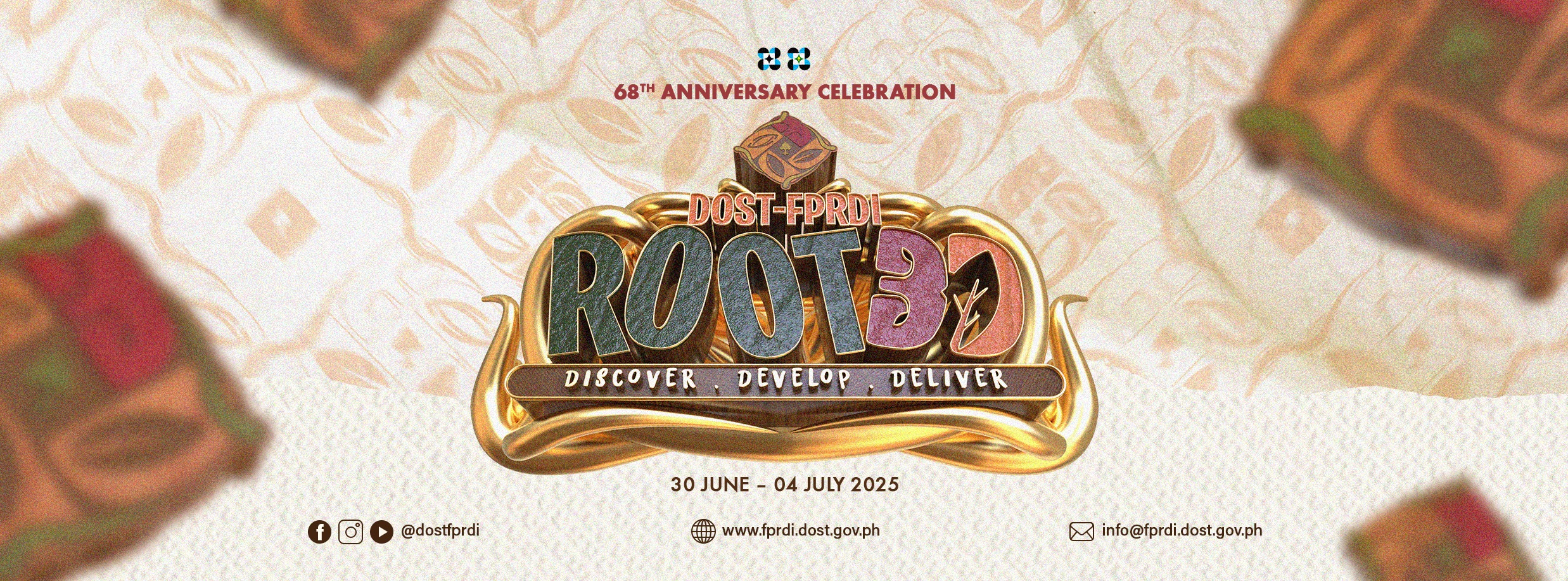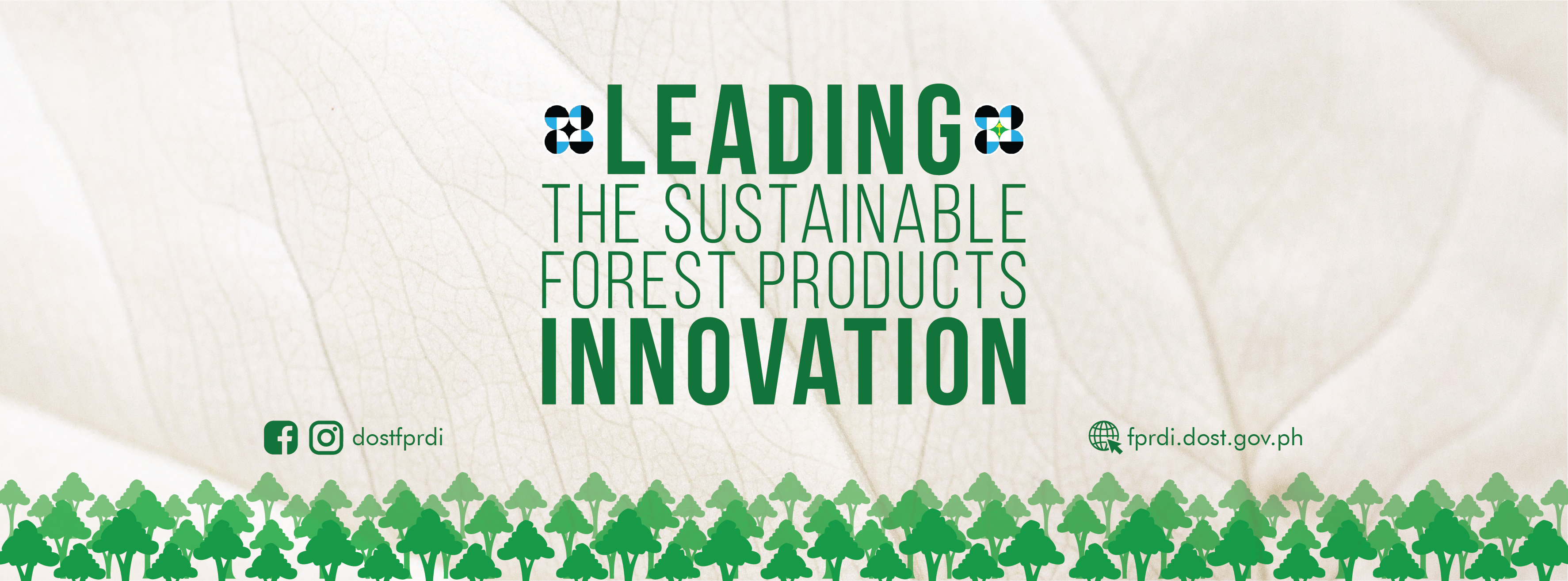DOST-FPRDI staff complete IP management course
- Details
The DOST-Forest Products Research and Development Institute (DOST-FPRDI) is now in a better position to manage its intellectual property (IP) assets, thanks to the IMPACT 20-day Training Program recently attended by 35 researchers.
IMPACT, which stands for Intellectual Property Management Program for Academic Institutions Commercializing Technologies, aimed at strengthening the Institute’s technology transfer program through a series of training-workshops that ran from February 14 to April 13, 2022. It ended in a culminating activity held at the Benguet State University – Agri-Aqua Technology Business Incubator (BSU-ATBI) last May 5-6, 2022.
DOST-FPRDI passes COA Audit
- Details
The recent Audit Exit Conference with the Commission on Audit (COA) showed that DOST- Forest Products Research and Development Institute (DOST-FPRDI) is compliant with COA’s regulations in disbursing public funds and financial reporting.
The COA commended the Institute’s Accounting Section for its performance despite being on an alternative work arrangement last year. Auditor Edlyne A. Rosete explained that the Section was able to significantly reduce the number of unreconciled balances in 2021.
The Institute was also praised for heeding the previous year's recommendations with a 40% compliance rating, which is 10% higher than COA’s minimum requirement. This is one of the key requirements in the granting of the Performance-Based Bonus (PBB).
DOST-FPRDI is still ISO 9001:2015 Certified
- Details
The DOST-Forest Products Research and Development Institute excelled in its latest ISO 9001:2015 Surveillance Audit conducted by the Certification International Philippines, Inc. (CIPI).
Audit results showed that the Institute’s Quality Management System (QMS) had zero nonconformities and successfully met the requirements of ISO 9001:2015.
ISO 9001 is an international standard system that organizations use to show their ability to “consistently provide products and services that meet customer and regulatory requirements.” The goal is to enhance customer satisfaction through the effective use and improvement of the system.











